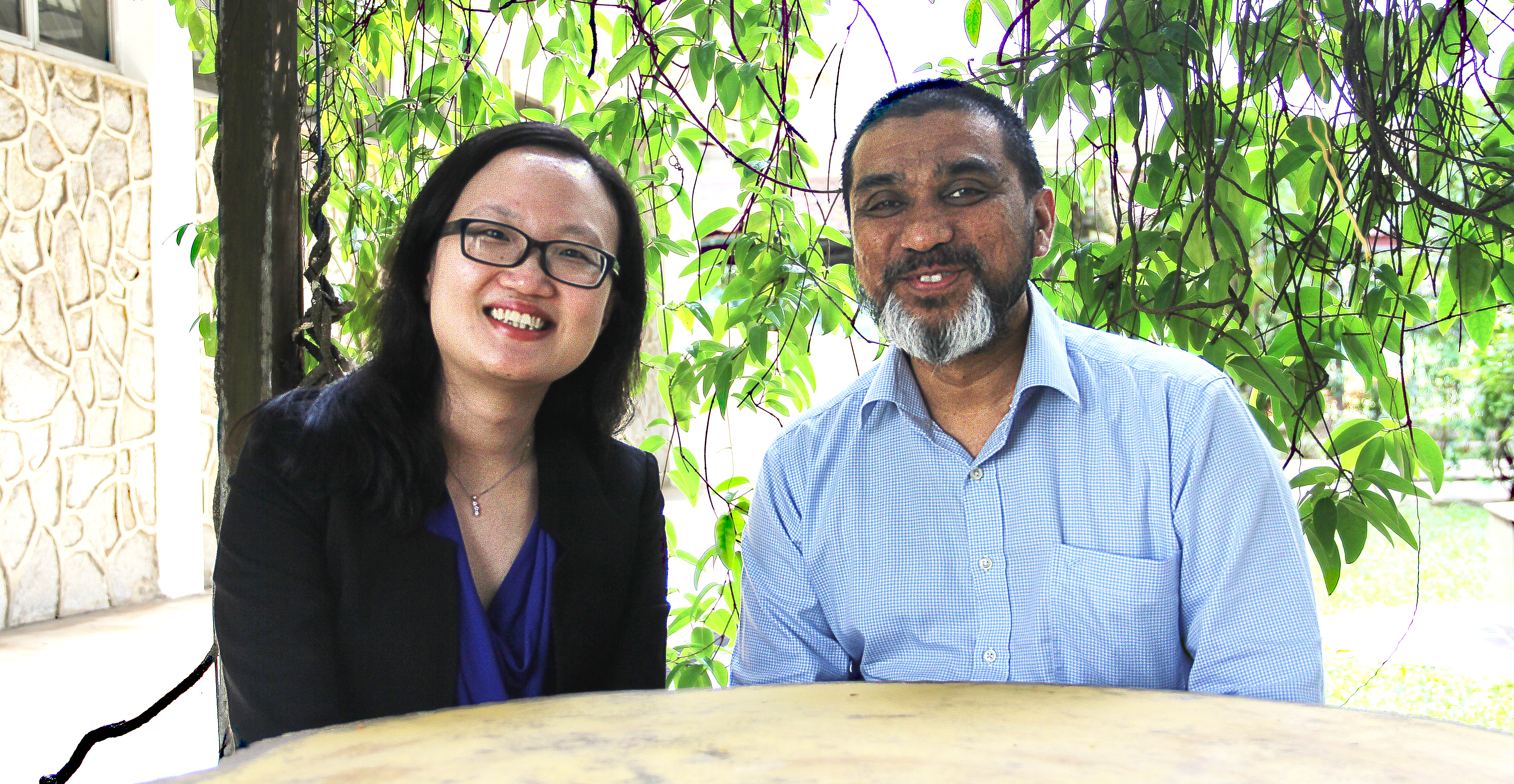Young Children’s Voices in Mathematical Problem Solving
Contributed by Dr Ho Siew Yin and Sng Wei Qin Abbie, from NTUC First Campus, for SingTeach Virtual […]
Read More
Now into its third iteration, the CORE Research Programme is one of NIE’s flagship research programmes and have traditionally involved representatives from the Ministry of Education (MOE) as part of the research guiding processes. We speak with two of them, Lead Research Specialist Dr Ng Hui Leng, and Lead Curriculum Specialist Dr Ridzuan Abdul Rahim, about their thoughts on and hopes for this programme.

Hui Leng: The ministry’s main goal is to help our students learn effectively. As such, understanding what goes on in the instructional core – the heart of where teaching and learning takes place – and how to improve it, are important priority research focus areas on MOE’s Education Corporate Research Agenda. The CORE Research Programme, which focuses on studying teachers’ classroom practices, not just in the academic subject areas but also in areas such as Physical Education, Art, Music and Character & Citizenship Education, plays an important role in contributing to our knowledge in these research focus areas.
Ridzuan: In a nutshell, this research looks at how teachers teach, how students learn, and how they interact with the content (academic or otherwise). One of the outcomes of this research programme is to help teachers reflect on their teaching using the data collected from actual classrooms. These data provide teachers with the opportunities to discuss their instructional core experiences, giving them a platform to work on developing and improving their overall classroom practices.
Hui Leng: From the research policy perspective, an important first step to be able to improve classroom teaching and learning is robust research that creates generalizable knowledge about what makes some practice “works” or not in the classroom. So, one important thing for teachers to know about the CORE Research Programme is that its research is rigorous. They can then be assured that the findings from the research are trustworthy and potentially usable.
Ridzuan: From a practice perspective, it is very clear that the research is all about improving classroom practices. We have also identified some key information about our current practices from the data collected. However, when education researchers publish their findings, they tend to use academic terms that may be unfamiliar to teachers or may require further work to translate and implement in the classroom. The information gleaned from this research has been useful in informing our curriculum work.
Ridzuan: We need to define what is good teaching. To me, good teaching involves not just addressing the cognitive aspect of student learning, but also the social, emotional and motivational aspects. To teach well, the teacher must be able to acknowledge, understand and address these aspects. Therefore, to enact good teaching by pulling these aspects together, the teacher first has to be aware of and second, be competent in addressing these aspects. Without these skills, it will be difficult for anyone to practise good teaching. And that’s the good news actually – doing this research allows us to tease out the practices that constitute good teaching and subsequently, help teachers to develop these competencies.
Hui Leng: To add on, competencies must be built over time. It is thus very important for teachers to always have the desire to learn – this is an essential first step towards being an effective teacher. For teachers to improve their classroom practices, they need to continually learn through various avenues. This could include self-reflections, observations of one another’s lessons, and reading about what researchers have found. It is through such continual learning and a deep desire to continue developing and improving one’s practice that one can work towards teaching well.
“To me, good teaching involves not just addressing the cognitive aspect of student learning, but also the social, emotional and motivational aspects.”
– Ridzuan, on what defines good teaching
Hui Leng: I think the success indicators of this research programme lies not only on its ability to yield new knowledge about how teachers teach in classrooms, but also how these findings can be translated into actual improvements in practice. It will be a job that will not end. But if every single project under this programme can shed some light on some aspects of what would help students learn better, no matter how small, and then together, all the projects contribute to our understanding of effective practice in Singapore classrooms, we would have made a significant step towards classroom improvements.
Ridzuan: I hope that more teachers can be involved in the CORE Research Programme. By getting involved, they will be able to delve deeper into the factors that can help them improve their teaching and ultimately, students learning.